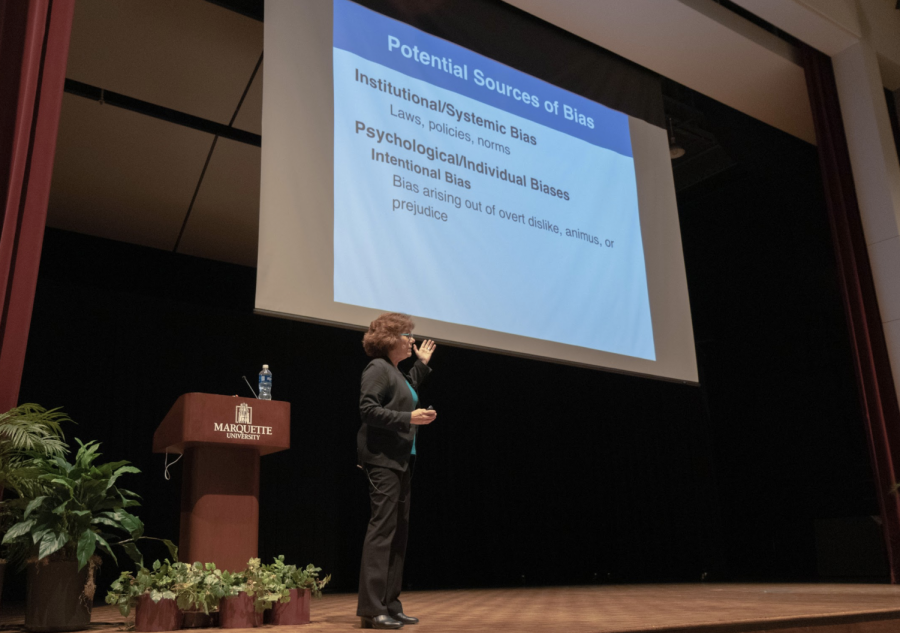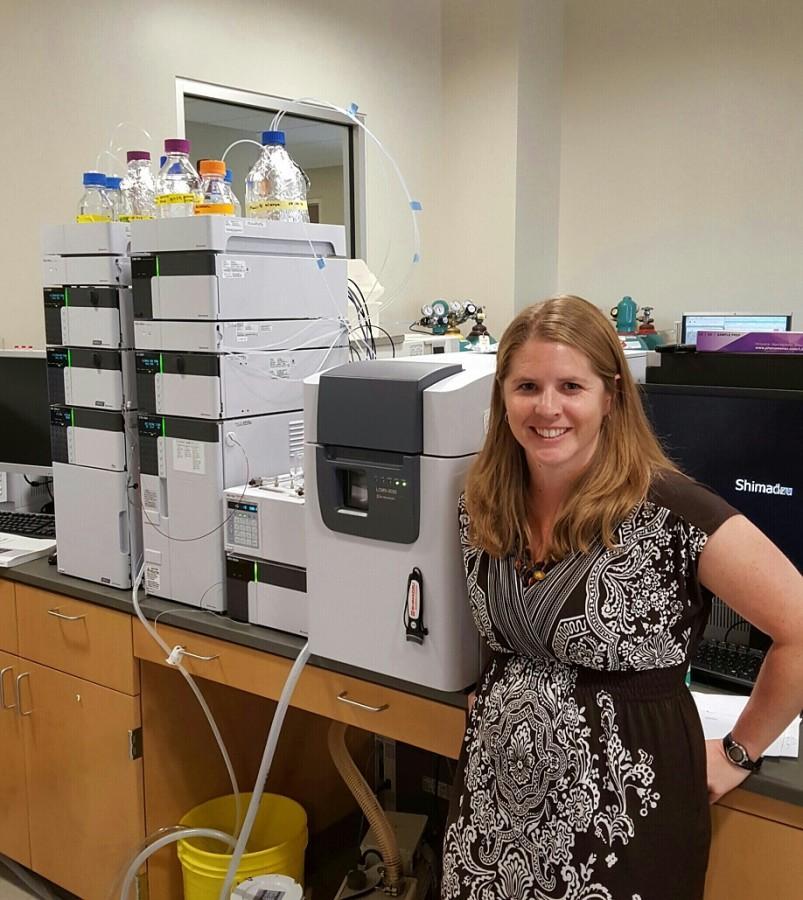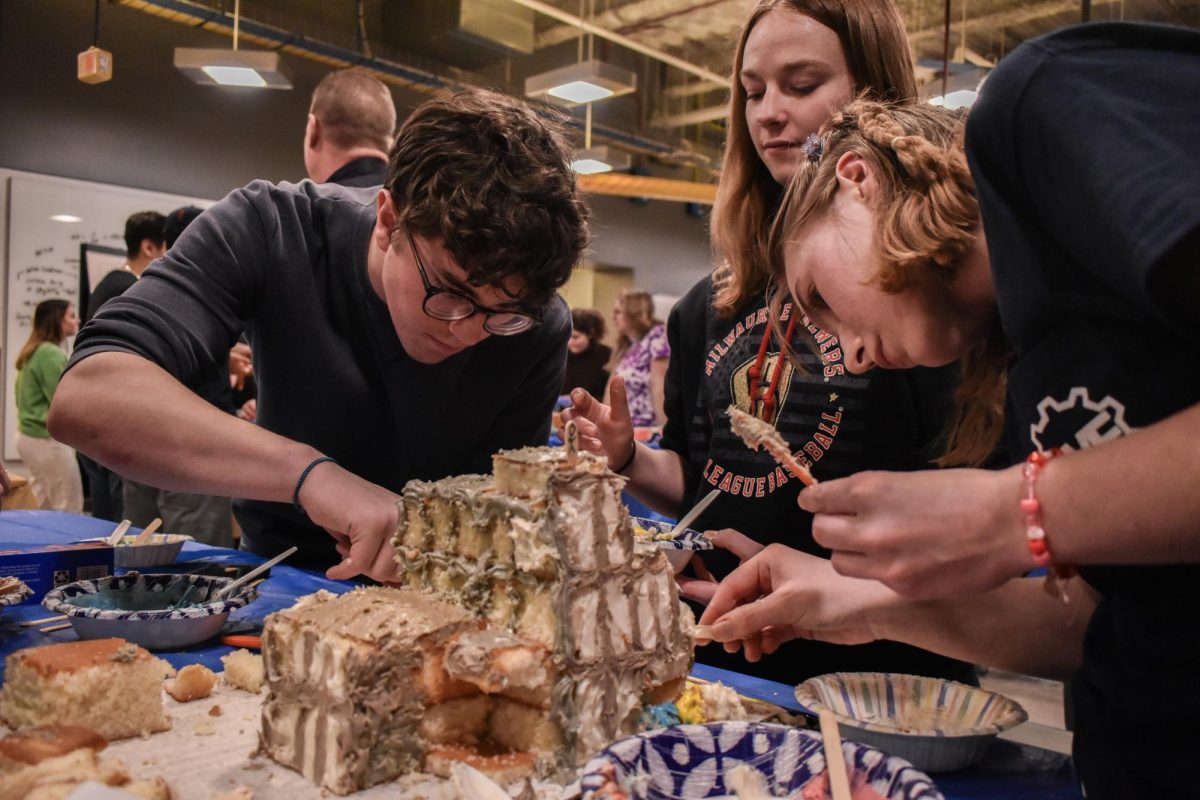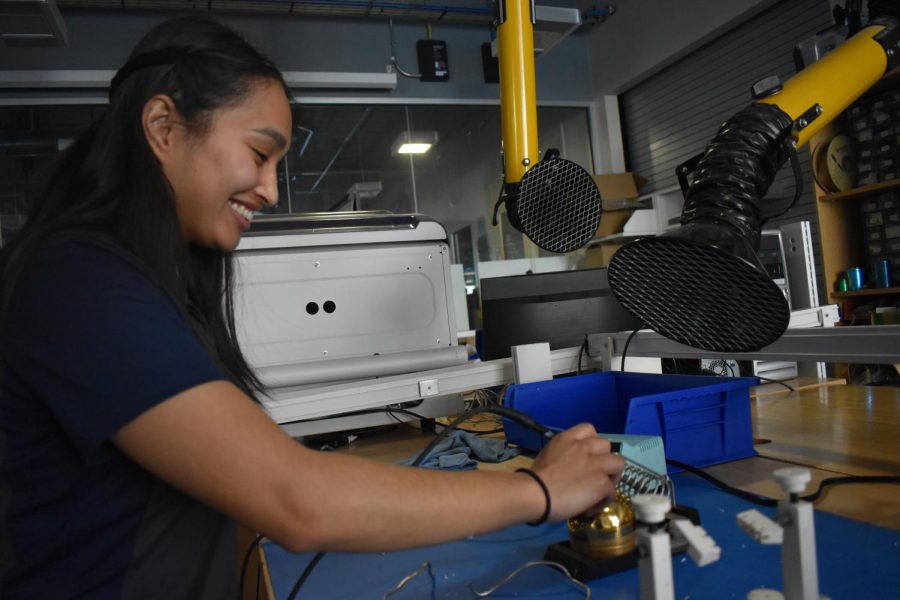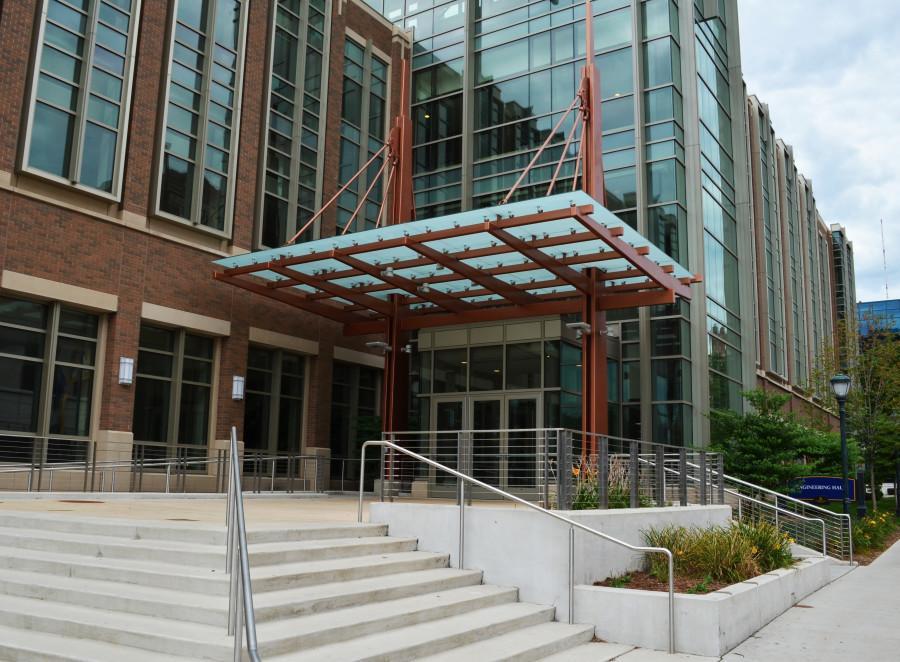Patricia Devine, Professor of Psychology at the University of Wisconsin-Madison, led a STEM-based workshop Wednesday in Weasler Auditorium focused on preventing unintentional bias habits.
According to washington.edu unintentional bias refers to stereotypes or beliefs that affect our actions in a discriminatory manner.
Devine said the goal of her workshop is to empower individuals to understand how to tune into and manage bias. During the workshop, Devine presented her research, which she said she had been working on for 32 years now. Devine said the existence of stereotypes led her to begin researching bias.
“What I saw in the social psychology field were a lot of articles saying if stereotypes exist, prejudice will follow, and that is inevitable,” Devine said. “That didn’t sit very well with me and didn’t match what I saw in the struggle that many people seemed to experience where they would not want to be biased, and then they would find themselves all of a sudden going and making assumptions and feeling bad about it.”
Devine said that given individuals’ unwilling tendency to be biased, she set about to try to understand how it could be, at least theoretically, that people could renounce prejudice and continue to show bias.
Much of Devine’s workshop was about how bias can be a vessel for discrimination and prejudice, especially in the STEM field, in terms of who gets hired and how much they get paid, when concerning things like race and gender.
Kristina Ropella, dean of the College of Engineering and professor of biomedical engineering at Marquette, said fighting bias is important in the STEM field and is why she wanted to have Devine’s workshop on campus.
“I think in the last year or so we have had a lot of conversations among university leadership about experiences of underrepresented groups on campus, relating to things like prejudice and implicit bias and how to address it,” Ropella said.
Ropella in conjunction with Julie Murphy, director for enrollment management and outreach and former student of Devine, decided they would love to do something for Marquette about the topic of bias, leading to the workshop.
Ropella said bias has affected her professional career.
“When I first started as a faculty member at Marquette, I was the only woman in my department,” Ropella said. “I feared that because I was in the early stages of starting a family, I would not be taken seriously, and I think there were comments that colleagues then made that validated those fears.”
Sasha Parsons-Waters, Women’s Innovation Network coordinator and who was present at the workshop, said one of her biggest concerns about bias training is that many people may not feel it is necessary, and are thus unwilling to take workshops like these — and sometimes those people need the training the most. She said she was very relieved to learn there was research to support that training can still make an impact and allow people to become more effective allies.
“I constantly face bias because I am a woman, I’m black and I look younger than my age,” Parsons-Waters said. “I have learned how to deal with it, but it is very draining to constantly have to validate yourself and find ways to confront others without seeming defensive or aggressive.”
She also said bias can lead to deadly situations in particular for black men, causing her to live in fear for her husband, nephews and other black men in her life.
Parsons-Waters said that Devine’s research is helpful to her because WIN involves being a support system for underrepresented groups, and it is very useful to be able to refer to research data when helping people understand the biases they encounter.
Brooke Mayer, an associate professor in the Department of Civil, Construction and Environmental Engineering in the Opus College of Engineering, was also in attendance at the workshop said that she felt the workshop gave people a chance to reflect on how even when we fundamentally reject prejudicial actions, we can all sometimes, unconsciously, still act in biased ways. she also said that while there is no silver bullet to completely eliminate bias, there are proven and effective strategies to overcome these responses by recognizing implicit bias, reflecting on the situation and perspectives, and then taking unbiased, thoughtfully considered actions.

